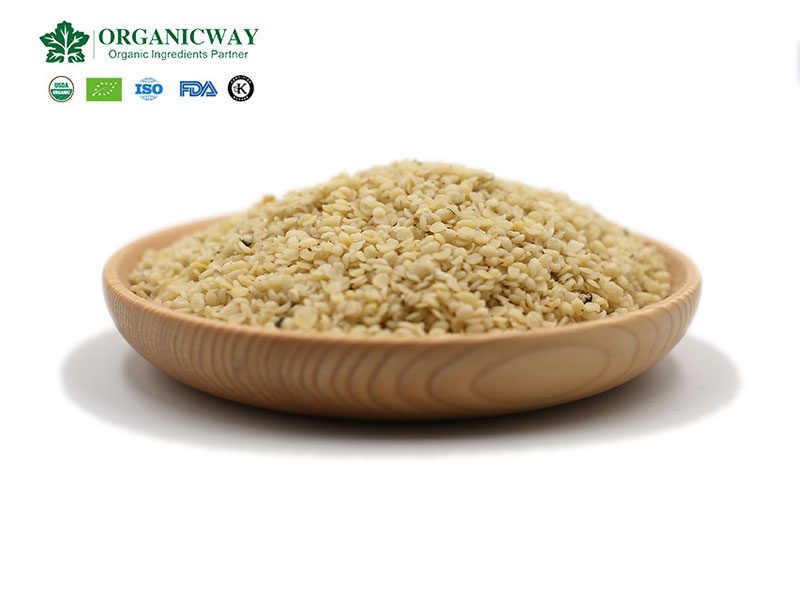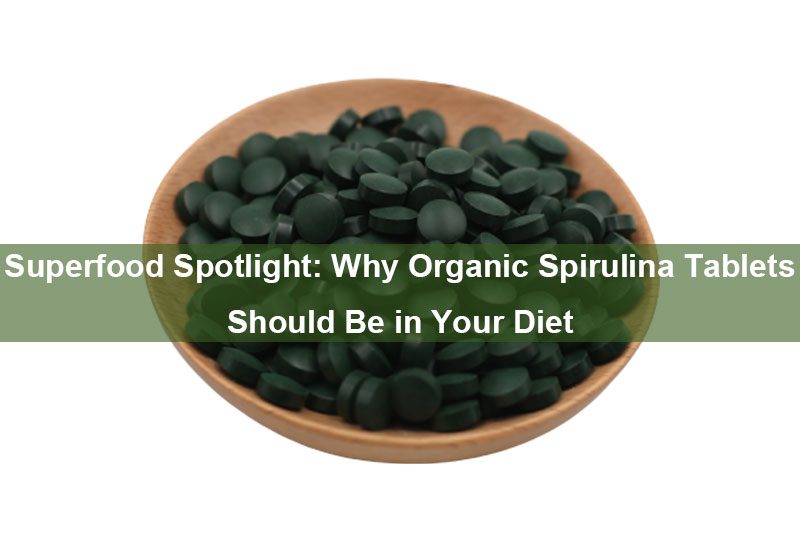Table of Contents
In a world increasingly conscious of sugar’s pitfalls, a new hero emerges from nature’s laboratory—organic allulose syrup. This golden elixir, with its uncanny ability to mimic sugar’s sweetness without the metabolic baggage, is rewriting the rules of guilt-free indulgence. Let’s embark on a journey through its science, sustainability, and culinary sorcery.
1. What Is Allulose? Nature’s “Almost Sugar”
Discovered in wheat in the 1940s and later found in figs, raisins, and maple sap, allulose (or D-psicose) is a rare monosaccharide with a molecular structure nearly identical to fructose—except for one flipped hydroxyl group. This tiny twist makes all the difference:
- 70% as sweet as sucrose—perfect for sugar-matching recipes
- 0.2 calories per gram vs. sugar’s 4 calories
- Non-glycemic (GI = 0) and non-cariogenic (doesn’t feed oral bacteria)
- 70% absorbed in small intestine, then excreted unmetabolized
Organic allulose syrup takes this miracle further by adhering to strict USDA/NOP standards:
✓ Sourced from non-GMO corn via enzymatic conversion
✓ Zero synthetic pesticides or solvents in processing
✓ Carbon-neutral production powered by biomass energy
2. The Science of Sweetness Without Consequences
Metabolic Magic
Allulose’s C-3 epimerization tricks taste buds into sensing sweetness while bypassing metabolic pathways. Clinical studies reveal:
- Activates TRPM5 channels to enhance sweet perception (no aftertaste!)
- Inhibits intestinal α-glucosidase, slowing carb absorption
- Boosts adiponectin by 23% in pre-diabetics (Endocrinology Journal, 2022)
Antioxidant Powerhouse
Unlike artificial sweeteners, allulose syrup contains:
- Maillard reaction products from careful heating—think caramel notes with 8x more polyphenols than maple syrup
- Natural prebiotics that feed Bifidobacterium strains (study: Frontiers in Nutrition, 2023)
3. Battle of the Sweeteners: Allulose vs. the World
| Metric | Allulose Syrup | Erythritol | Stevia | Monk Fruit |
|---|---|---|---|---|
| Aftertaste | None | Cooling | Bitter | Licorice |
| Baking Performance | Browns naturally | Crystallizes | No caramelization | Heat-sensitive |
| Solubility | 160g/100ml (25°C) | 61g/100ml | 0.8g/100ml | 0.5g/100ml |
| Gut Tolerance | High (>50g safe) | Low (~35g) | High | High |
Chef’s Verdict: Allulose syrup’s viscosity (3,500 cP) mirrors honey, making it ideal for glossy glazes and chewy cookies.
4. From Lab to Table: Revolutionary Applications
A. Keto Baking Reinvented
Replace 1:1 with sugar in recipes, leveraging allulose’s:
- Freeze-point depression—creams ice cream 30% faster
- Hygroscopicity—keeps gluten-free bread moist for 5+ days
- Caramelization at 120°C—achieves perfect crème brûlée crust
Pro Tip: Add ¼ tsp xanthan gum per cup to counteract allulose’s slight viscosity drop in cold drinks.
B. Fermentation Frontier
Craft brewers are adopting organic allulose syrup to:
- Create 0.5% ABV “near-beers” with full-bodied maltiness
- Feed yeast during primary fermentation, then remove via dialysis
- Balance hop bitterness without carb spikes
5. The Sustainability Edge
Organic allulose production closes the loop:
- Corn cobs → syrup → waste → biochar fertilizer
- Water usage: 1.8L per kg vs. sugar’s 25L
- Bee-friendly: No monoculture farming; preserves pollinator habitats
A 2023 Life Cycle Assessment showed:
- 72% lower carbon footprint than cane sugar
- Zero wastewater—enzymes are recovered and reused
6. The Future Is Sweet
NASA recently certified organic allulose syrup for lunar missions due to its:
- Radiation resistance (stable after 50kGy gamma exposure)
- Crispy texture retention in freeze-dried foods
- Cognitive benefits observed in zero-gravity trials
Meanwhile, Tokyo’s 3-star Michelin chefs are crafting avant-garde desserts like:
- Allulose-spun sugar domes that dissolve upon contact
- Molecular “sugar” caviar with insulin-friendly labeling
7. How to Spot Quality
When buying organic allulose syrup:
- Check certifications: USDA Organic, Non-GMO Project, Fair Trade
- Opt for amber glass bottles—light degrades allulose over time
- Avoid products with added thickeners (pure syrup should be 78° Brix)
- Ensure pH 5.0–6.0 for optimal shelf life (2 years unopened)
Sweetness Without Compromise
Organic allulose syrup isn’t just another alternative—it’s a paradigm shift. By merging ancestral wisdom (using rare sugars found in ancient plants) with cutting-edge food tech, it delivers what once seemed impossible: nostalgic sweetness aligned with modern health ideals. Whether you’re a diabetic seeking safe treats, a pastry chef chasing innovation, or an eco-warrior fighting food waste, this syrup is your golden ticket to guilt-free bliss.
As we reimagine our relationship with sweetness, allulose stands poised to dethrone sugar, proving that sometimes, nature’s best solutions come in the most scientifically surprising packages.

